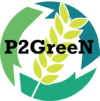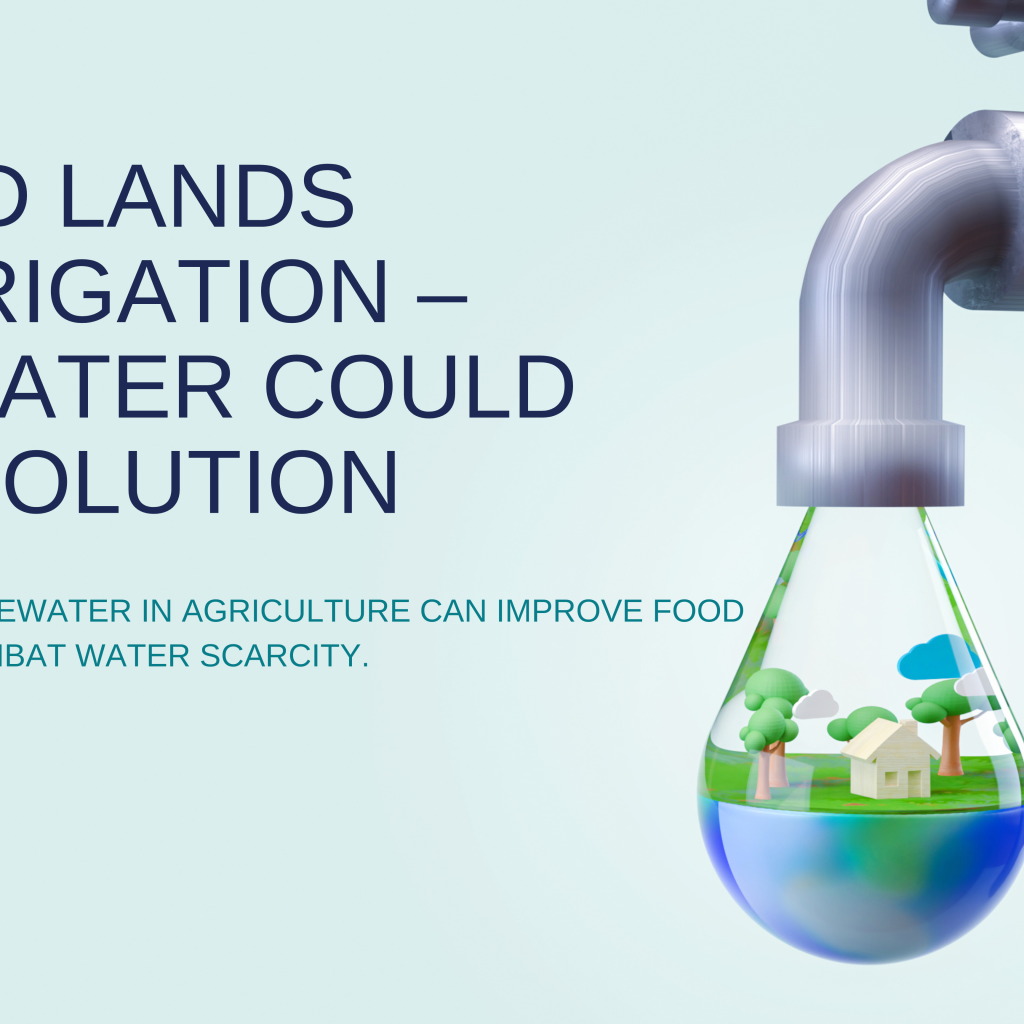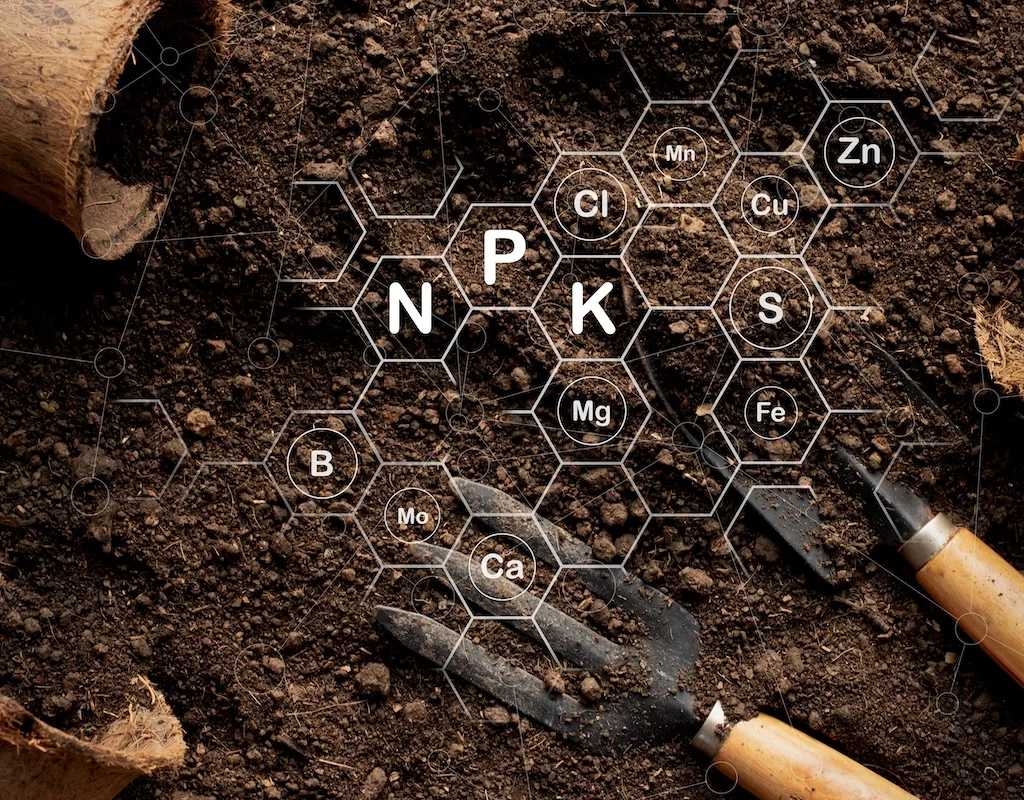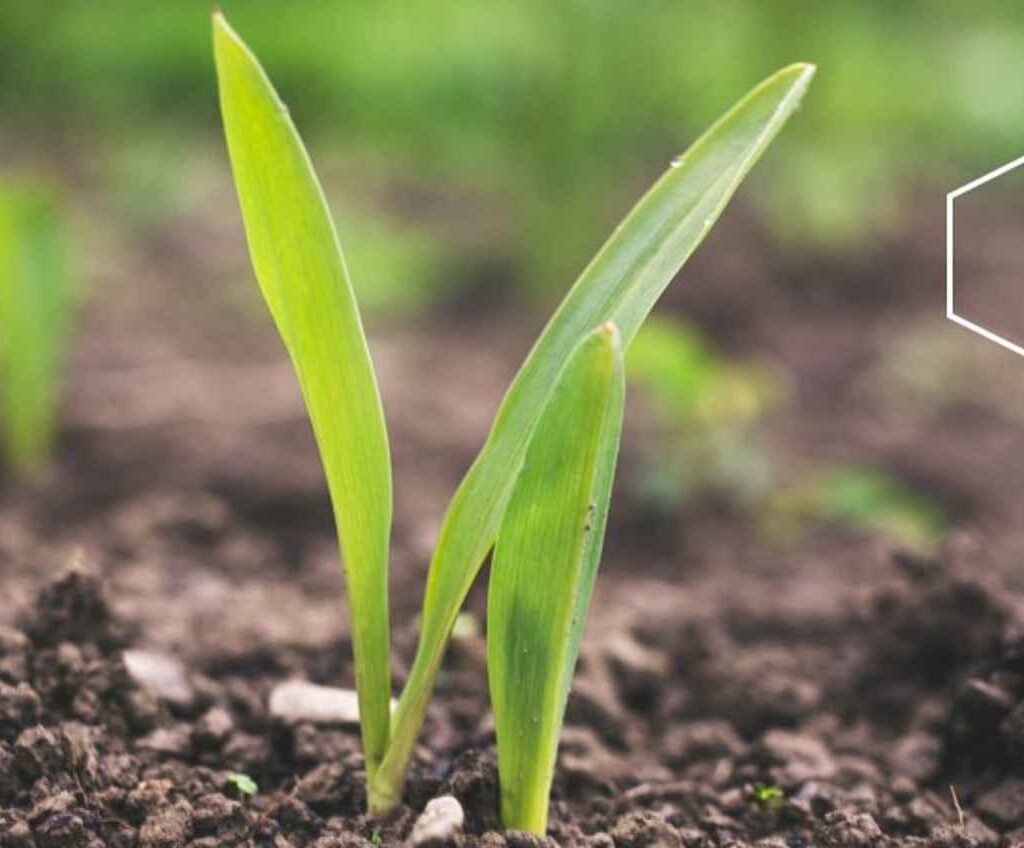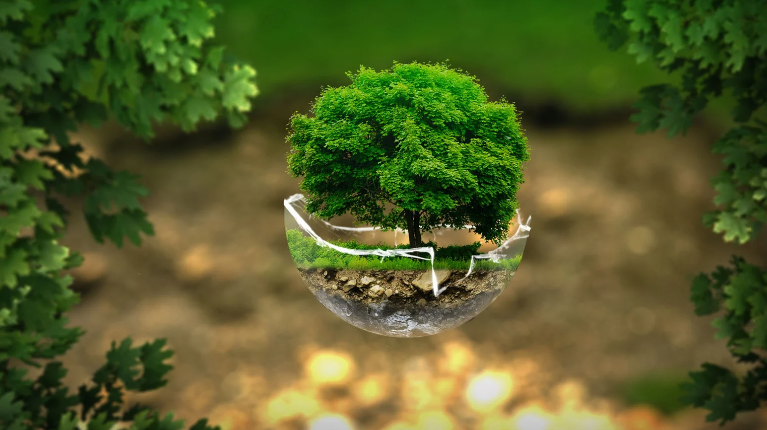Transforming Parched Lands: Wastewater as a Lifeline for Irrigation
With the world facing an acute water scarcity crisis, the efficient management of water resources has become paramount. Agriculture, which accounts for 70% of global freshwater usage, is under significant pressure to find sustainable solutions. The reuse of treated wastewater for irrigation emerges as a promising strategy to alleviate this burden. A recent article in “Nature Reviews”, co-authored by scientists from the Joint Research Centre (JRC), explores the substantial benefits and potential challenges of this innovative approach.
The Urgent Need for Sustainable Water Management
Water scarcity is a growing challenge worldwide, particularly in regions where demand exceeds supply. As the global population increases, so does the need for more agricultural land to meet food demands, further straining water resources. Reusing treated wastewater for irrigation could be a game-changer, providing a sustainable alternative to freshwater and promoting efficient water management.
In addition, reusing treated wastewater offers several benefits beyond conserving freshwater resources. For farmers, it ensures a more reliable water supply, enabling better crop planning and resilience against droughts. Additionally, treated wastewater often contains vital nutrients such as nitrogen, potassium, and phosphorus, which can reduce the need for artificial fertilizers. This not only cuts costs but also lowers the environmental impact of farming practices.
Despite its benefits, the reuse of treated wastewater must be carefully managed to mitigate potential risks. In fact, it can contain micropollutants, biocides, microplastics, pharmaceuticals, and antibiotic-resistant bacteria. Effective treatment processes are essential to remove these contaminants, ensuring that reclaimed water is safe for irrigation.
The JRC has played a crucial role in establishing regulatory water quality and risk management requirements for water reuse. Their evidence-based guidelines assist operators and farmers in managing potential risks, ensuring the safe use of reclaimed water for human and animal health and the environment.
The P2GreeN Project, operating in the Axarquia region of Spain, is at the forefront of this revolution, demonstrating how treated wastewater can be a lifeline for irrigation.
Innovative Water Reclamation and Irrigation in Axarquia
The Axarquia pilot region utilizes advanced water reclamation technology and a smart irrigation system to transform municipal wastewater into a valuable resource for agriculture. Treated wastewater is collected from the municipal wastewater treatment plant (WWTP) in Algarrobo and further processed through a reclamation plant using disc filtration and ozone disinfection. This advanced treatment ensures the removal of pathogens and contaminants, producing 3,650 cubic meters of reclaimed water annually.
This reclaimed water is then used to fertigate avocado and mango crops, supplemented by mineral fertilizers or diluted with local water as necessary. The process is managed by an innovative smart fertigation tool (SFT), which provides crucial information on soil nutrient levels, promoting a sustainable and circular approach to nutrient and water resource utilization.
Connecting Local Innovation to European Goals
The P2GreeN efforts in Axarquia are a microcosm of the larger European strategy to address water scarcity and promote sustainable agriculture. According to the JRC scientists, Europe has significant potential to expand its wastewater reuse, currently standing at about a billion cubic meters annually. The European Water Reuse Regulation is instrumental in this expansion, providing standardized quality parameters for agricultural irrigation across the EU.
The success of the P2GreeN Project and similar initiatives requires collaboration among international organizations, governments, academia, industry, and communities. By promoting sustainable water practices and encouraging the use of reclaimed water, significant strides can be made towards food security and addressing global water scarcity.
The P2GreeN Project in Axarquia exemplifies how local actions can contribute to global solutions, aligning with the European Commission’s vision for a more water-resilient future. Embracing these innovative approaches will help conserve freshwater resources and promote a healthier, more sustainable environment for generations to come.
